The Physics of Quantum Information Storage
Introduction
Quantum information storage is a field of quantum physics that deals with the storage of information in quantum states. This field is a subset of quantum information theory, which is a broader discipline that encompasses the transmission, manipulation, and storage of information in quantum states. Quantum information storage is a crucial component of quantum computing and quantum communication systems, as it allows for the preservation of quantum states for later use.

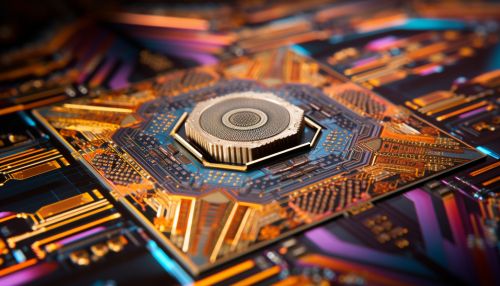
Quantum States and Quantum Bits
In quantum information storage, the basic unit of information is the quantum bit, or qubit. Unlike classical bits, which can be in one of two states (0 or 1), a qubit can be in a superposition of states. This means that a qubit can be in state |0⟩, state |1⟩, or any combination of these states. This property is a direct result of the principles of quantum superposition and quantum entanglement, which are fundamental to quantum mechanics.
The ability to store information in superposed states allows quantum systems to store and process information in ways that classical systems cannot. For example, a quantum system can perform parallel computations on all possible combinations of qubit states, significantly increasing computational power. However, storing information in quantum states presents unique challenges, as quantum states are extremely delicate and can be easily disturbed or lost.
Quantum Memory
Quantum memory is the physical system used to store quantum information. It is analogous to classical memory in a computer, but instead of storing bits, it stores qubits. Quantum memory must be able to preserve the quantum state of a qubit for a certain period of time, known as the coherence time. The longer the coherence time, the more reliable the quantum memory.
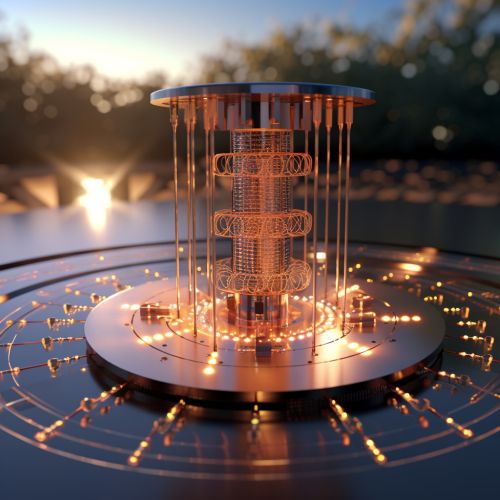
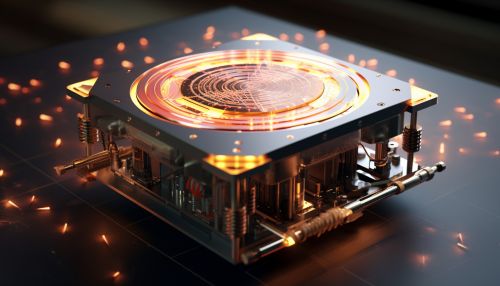
There are several types of quantum memory, each with its own advantages and disadvantages. These include quantum optical memory, quantum spin memory, and quantum atomic memory. The choice of quantum memory depends on the specific requirements of the quantum information system, such as the desired coherence time, storage capacity, and operational temperature.
Quantum Error Correction
A major challenge in quantum information storage is the susceptibility of quantum states to errors. Quantum states can be easily disturbed by environmental factors such as heat, radiation, and electromagnetic interference. This can cause the quantum state to decohere, resulting in the loss of quantum information. To combat this, quantum error correction techniques are used.
Quantum error correction is a set of techniques that are used to detect and correct errors in quantum information. These techniques are based on the principles of quantum error correction codes, which are mathematical constructs that can detect and correct errors in quantum states. Quantum error correction is a crucial component of quantum information storage, as it allows for the reliable storage of quantum information in noisy environments.
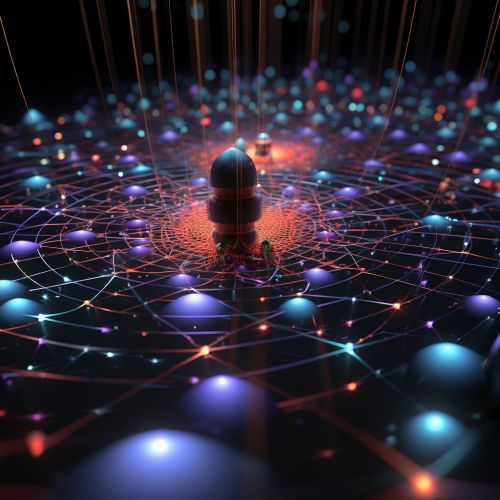
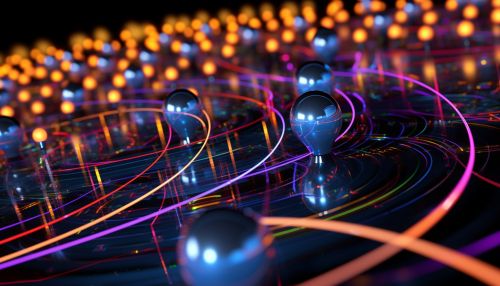
Quantum Information Storage in Quantum Computing
Quantum information storage plays a crucial role in quantum computing. In a quantum computer, quantum information is stored in qubits, which are manipulated to perform computations. The ability to store and manipulate quantum information is what gives quantum computers their extraordinary computational power.
However, the storage of quantum information in a quantum computer presents unique challenges. Quantum states are extremely delicate and can be easily disturbed or lost. This makes the storage of quantum information a critical issue in the development of practical quantum computers.
Conclusion
Quantum information storage is a fascinating and complex field that is crucial to the development of quantum technologies. It involves the storage of information in quantum states, which presents unique challenges and opportunities. Despite these challenges, significant progress has been made in the development of quantum memory and quantum error correction techniques. As our understanding of quantum mechanics continues to deepen, the field of quantum information storage is set to play an increasingly important role in the future of technology.
